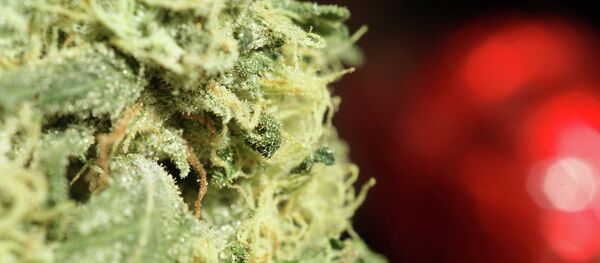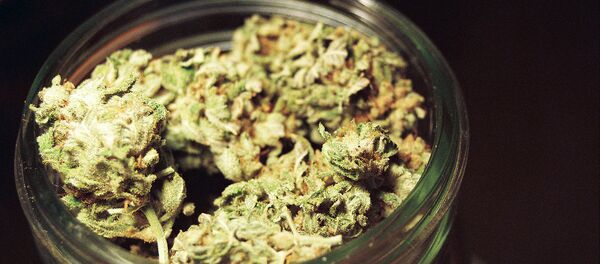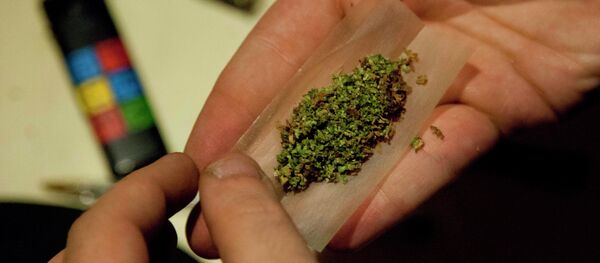While it would only legalize the use of marijuana in a very limited way, a bill that was given preliminary approval by a vote of 96 to 34 in the Texas House was met with excitement by advocates who say this has been the most successful legislative session in the deep red state.
If passed, the bill would legalize the use of cannabis oil for the treatment of seizures with a doctor’s prescription. The oils are high in cannabidiol (CBD), which is found alongside the psychoactive chemical THC that produces the high normally associated with marijuana. Special strains of marijuana are currently being produced to maximize the level of CBD and reduce the level of THC.
The bill’s approval was also welcomed by parents of children with intractable epilepsy who have argued that the oils derived from marijuana are an effective treatment to the seizures.
"These families have no other options, and this provides another treatment option available to them," State Rep. Stephanie Klick (R-Fort Worth) told KVUE after the vote.
Some members of the House, however, are concerned that the bill would open the door for marijuana decriminalization and legalization.
"Medical to decriminalizing to legalization, they’re all part of the same picture." State Rep. Mark Keough (R-The Woodlands) warned during the floor debate on the bill.
In addition to the question of legalization, others were also concerned that CBD oil has not yet been approved by the Food and Drug Administration (FDA).
Klick, however, argued that patients with intractable epilepsy cannot wait the years it usually takes for FDA approval.
"With pediatric epilepsy patients, it’s very common to not have an FDA-approved product," She added.
A final formal vote on the bill is expected on Tuesday, after which it will move to Governor Greg Abbott’s desk.
Current Texas law does not allow the use of any form of marijuana, and proposals to decriminalize the drug are unlikely to pass.
Though recently, a Texas House Committee approved a bill that would legalize pot on religious grounds, after a Tea Party member argued that governments should not be in the business of banning something God created.




